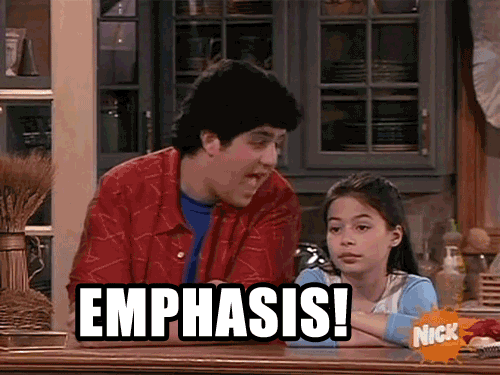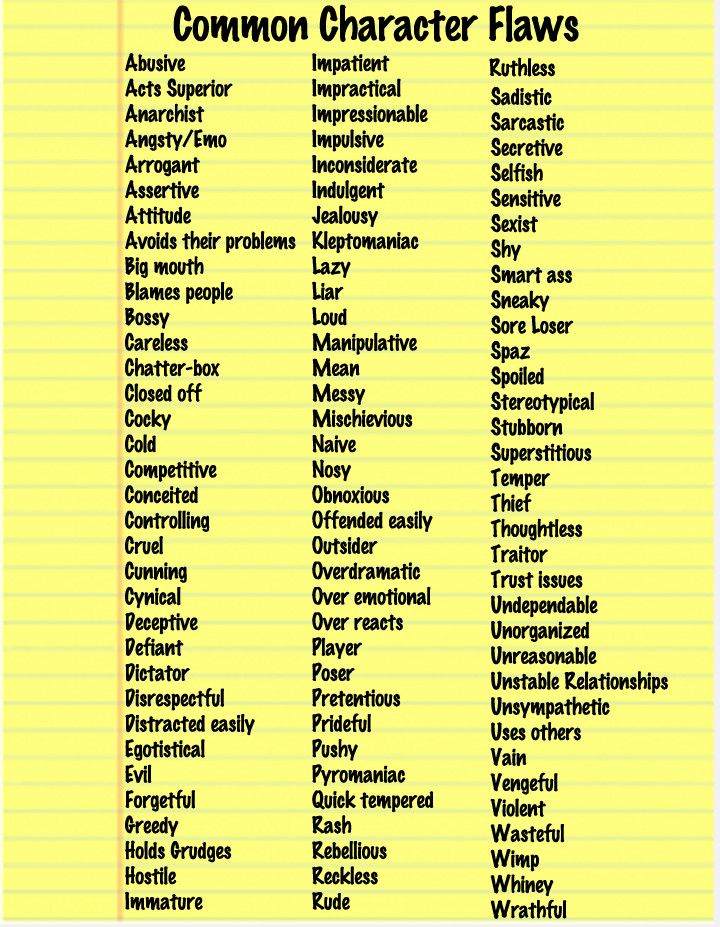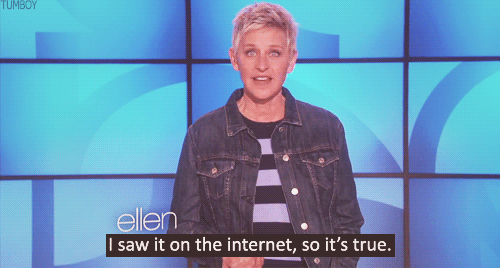
#GetInspired (Well-Rounded Characters)
Let's be honest for a second: terrible protagonists typically ruin a good story.
Whether it's because they're a walking cliché, have no redeemable qualities, or bore you to death, we all have crossed main characters who have made us question whether or not to turn the next page.
In my case, that was Clary in the Mortal Instrument series. Literally halfway into the second book, I closed it and never opened it again because I couldn't stand her or her choices that seemingly made no sense. Also, the whole" is Jace my brother or not, who cares I'm gonna make out with him because he's hot" plot device irked me like stop beating around the bush and get to it already like damn.
Okay, rant over, but today, I'll be giving you some tips on how to create a well-rounded, intriguing protagonist that your readers will be fascinated by!
Tip #1: For the love of God, don't make them flawless
I will repeat this again for emphasis: FOR THE LOVE OF GOD, DON'T MAKE THEM FLAWLESS.

There is no excuse for this. If your character is human—or human-like, maybe an elf or a dwarf or something—they are not perfect.
Everybody messes up. Everybody has their downfalls. Everybody does something dumb at least once, and so should your character.
The easiest way I have found to do so this it to make a T-chart: on the left side should be your protagonist's strengths and on the right side should be their weaknesses. From here, you can have the strengths and weaknesses play off of one another. For example, one of my main character's strengths is her honesty. She doesn't like to lie and so rarely, if ever, does, but what's the opposite end of this? Well, she can be brutally honest at times, as in doesn't shy away from harsh words that can turn people off.
That's an example of strengths and weaknesses playing off of one another.
Another example of this is one of my other characters is fiercely independent. She doesn't crave for attention or acceptance, but what's the downfall to this strength? She also fears emotional attachment and commitment. Due to her heavy reliance and trust of only herself, she rarely relies or confides in others, which leads her to internalize all of her emotions.
Below is a list weaknesses that you can use for your own characters! Make sure, however, that their personality makes sense in terms of their background, too. What I mean is that if their personal history and actions must align with their personality traits and, again, play off of one another.

Also, all of your characters shouldn't all look like Channing Tatum or Scarlett Johansson. Neither their personalities nor physical appearances should be flawless, too.
By making your character well-rounded with well-distributed strengths and flaws, it will make them feel more human and, therefore, the reader will connect with him or her on a stronger level. Furthermore, it will make them more interesting of a person since they will struggle with the outcomes of their shortcomings.
Tip #2: Quirks can be cute
By quirk, I mean a unique action or word they do.
For example, whenever I'm stressed out, my father can tell because I tug at one of my curls. Not everybody does this, but because, you know, my father raised me and all, he knows that when I start fiddling with my hair, it's a fair indication that I'm stressed about something.
Everybody has their quirks, and your characters should as well.
For example, your character could drum their fingers whenever he or she is deep in thought. Or, perhaps, he or she always uses their pencil points to dig under their fingernails when he or she is bored at work or school. Or maybe he or she rips the plastic wrapper off of a beer bottle when they're drinking--my one friend actually does this.
This doesn't always have to be some sort of strange action, however. It can also be quirks when it comes to a various array of things, such as eating habits, bathing routine, or texting customs.
For example, perhaps your character only likes to shower right before bed. Or, maybe he or she likes to add a pinch of red pepper flakes to her pizza for extra spiciness. Maybe your character uses way too emojis when he or she texts her friends.
Or maybe they eat mayonnaise and olives if they can't find ice cream when they're anxious (if you get this reference, give yourself a pat on the back).

Whatever it is you choose, just give your characters a dash of uniqueness to further flesh them out!
Tip #3: Pretend to be Ellen DeGeneres
First off, who actually hates Ellen?

Ok, well sadly, our characters don't actually exist, but asking them interview questions or pretending to be the fabulous Ellen DeGeneres talking to them can actually help you make them more in-depth.
The best way to do this, however, is to have a friend or relative interview you as you try to put yourself in the mindset of your character!
So, in these interviews, you can ask them about their background, if they prefer dogs over cats, what their dream vacation is—anything you want!
This may seem dumb, but it does get you thinking about who your character is as a person. If you do find a friend or relative to do this exercise with, then don't let them tell you the questions beforehand so it keeps you on your toes!
***
So, what are your characters strengths and flaws?
Is there a character from a particular book or show that you identify with?
Were these tips helpful at all?
Let me know!
Have a happy Monday, everyone!
--Lexie aka miss-gatsby
Bạn đang đọc truyện trên: Truyen247.Pro